ERP Integration for Agile Enterprises: Bridging Data, Teams, and Technology

As digital transformation accelerates, ERP Integration has become a cornerstone for organizations striving for agility, efficiency, and innovation. It’s no longer just a technical upgrade—it’s a strategic enabler that connects every part of your business, from operations to customer engagement.
The New Role of ERP Integration in Digital Strategy
In today’s hyper-connected business environment, ERP Integration is about more than connecting software—it’s about aligning technology with strategy. By integrating ERP with systems like eCommerce platforms, business intelligence tools, and third-party logistics, companies unlock real-time responsiveness and smarter operations.
Top Advantages of Modern ERP Integration
-
Operational Agility
Integrated systems respond faster to change. Whether it’s adapting to market shifts or managing supply chain disruptions, ERP Integration ensures continuity and control. -
Customer-Centric Workflows
With seamless data flow between ERP and CRM, businesses gain a 360-degree view of customer behavior—leading to better service, personalization, and retention. -
Unified Data Governance
Integration supports clean, centralized data, reducing inconsistencies and boosting compliance with financial, legal, and industry standards. -
Cost Optimization
Automating redundant tasks and streamlining data management significantly reduces administrative costs and IT overhead. -
Innovation Enablement
With APIs and cloud-based connectors, ERP Integration allows organizations to adopt new technologies like AI, machine learning, and predictive analytics without disrupting existing systems.
Integration Methods That Scale with You
-
Cloud-Native Integration Tools
Leverage iPaaS (Integration Platform as a Service) to create scalable, cloud-first connections between your ERP and modern SaaS platforms. -
Hybrid Integration
Combine on-premise ERP systems with cloud services using secure bridges—ideal for industries with strict data residency or regulatory needs. -
Custom APIs
Build tailored integrations that align with unique workflows, giving full control over how data flows across your enterprise.
Key Use Cases of ERP Integration
-
Connecting ERP to eCommerce for real-time inventory updates and automated order processing
-
Syncing ERP with HR software to track employee data, payroll, and performance
-
Integrating ERP with business analytics platforms to drive data-driven decisions
-
Linking with customer support tools to give service teams complete visibility into client history
Strategic Tips for ERP Integration Success
-
Start with a clear integration roadmap that reflects business priorities
-
Focus on scalability and avoid rigid, one-off connections
-
Invest in skilled partners or internal teams familiar with integration architecture
-
Prioritize security and real-time monitoring throughout the integration lifecycle
-
Pilot test integrations before full rollout to minimize risk
ERP Integration: Future-Proofing Business Infrastructure
Organizations that treat ERP Integration as a foundational part of their digital infrastructure position themselves for long-term success. It’s not just about tools—it’s about transforming how businesses operate, innovate, and grow.

